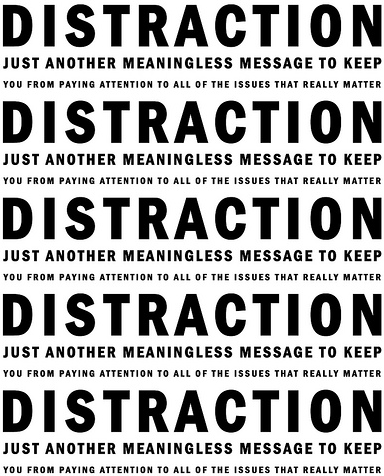Boom. The rate at which new stuff sweeps the web is part of a general acceleration in change provoked by our increasing real-time connectedness. That has resulted in the ever faster emergence of disruptions to industry after industry, business model after business model.
This is the disruption web.
But it has also driven a culture of overnight sensation - Internet 'hits'. The potentially good news is that the life-span of such hits appears to be getting shorter and shorter.
Grow fast, die fast.
Draw Something - the IPhone app a bit like pictionary that sold within weeks of launch to Zynga - is a good recent example. After initial intense use its faded into the background for the vast majority of users.
Why this may be good news is that it could be evidence of our collective tiring of the initial Lolcats (distraction web) phase of the web and a move towards us taking more seriously our individual ability to be part of the disruption web.
Perhaps we are now starting to seek something more, something that matters from our connectedness?
Information alone isn't power. It is the inspiration for the action that delivers the things that matter. The action is organisation. The web enables more of us to self organise to act - to be part of the change that matters to us - than has ever been possible before. Power resides in the ability to organise.
That's been the case since the first bulletin boards and has remained the case as waves of the distraction web have come and gone.
The distractions are coming and going faster and faster - becoming more and more disposable.
I draw (something) a line into our immediate future and see a point at which disruption is more Important to more of us than distraction.
And at that point the true value and impact of the web will have arrived.
It's getting closer.



the distraction industry is a huge part of every nation's economy ... it is tv, it is hollywood or the local equivalent, it is tabloids and even mainstream news, it is celebrity worship, it is patent medicines and the ills they are designed to soothe, it is advertising and many of the products that are advertised, it is consumption, and lest i forget to emphasize this, it is valuing people as consumers. only.
ReplyDeletedisruption isn't really useful if it is one new game disrupting the business of an earlier game.
disruption needs to be of mindsets, of self-concepts, of what is valued, of what is considered as real. disruption replaces one "truth" with a higher truth, and life is never the same afterwards.
the web is helping, mostly serving to increase transparency, and some "change", but not yet increasing transformation.
that is our work now, this decade .. transformation.
Yes but, is the answer to that.
ReplyDeleteAs the distraction web diminishes in its affects, the web itself is dying on its feet - more and more walled gardens as, for example, when my friends read articles in apps on Facebook...
I am seeing fewer and fewer links to truly available material.
Sadly, I'm also finding more young people (say 12-24)regard the internet as an entertainment source rather than an enquiry source. Things like "I don't know when the bus arrives" rather than realising GIYF for actual useful information, rather than cool clips of headshots...
Or it could be that our attention-span is just getting shorter and shorter and shorter, without any rise in non-distractive-activities.
ReplyDeleteSomehow I can't imagine that human psychology hasn't changed. I can't see that the Internet has done anything to make us more distracted. I would say that we humans, are geniuses at finding distraction in just about anything and just about anywhere. All the Internet has done is that it has brought this all too human trait out in the open where it can be measured and analysed. The thing is we have no baseline against which we can compare it. Once upon a time at work, people used to distract themselves with the daily crossword, now they might play Wordament. Same difference, different medium.
ReplyDeleteBut about your point regarding disruption. I would be interested to know the cost to industry from disruption due to distraction. Of course without the afore mentioned baseline, we would not know if the trend had indeed worsened but I wonder if distraction is really to blame. Without anything to back this up, I would suggest that the biggest disruption in the work place comes from technology in general. the technology we use for work. Emails, instant messaging, conference calls, webinars etc. As I said, I can't imagine human psychology has changed much in the last couple of decades and in general, we tend to do most of our productive work when we are able to focus and concentrate for sustainable periods of time. Technology doesn't let us do that so easily anymore. Worse still is the immediacy that technology imposes on us. This "urgency" has created an expectation that people should deliver now and we feel bad if we take more than an hour to achieve something.
As for Steve Ellwood's comment about young people using the Internet mostly for entertainment, well, I don't remember kids going to libraries when that was the only enquiry source. I certainly didn't. I hung out at the pinball arcade or the comic book store.